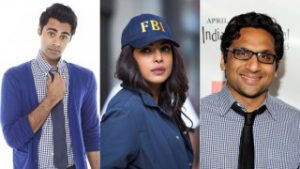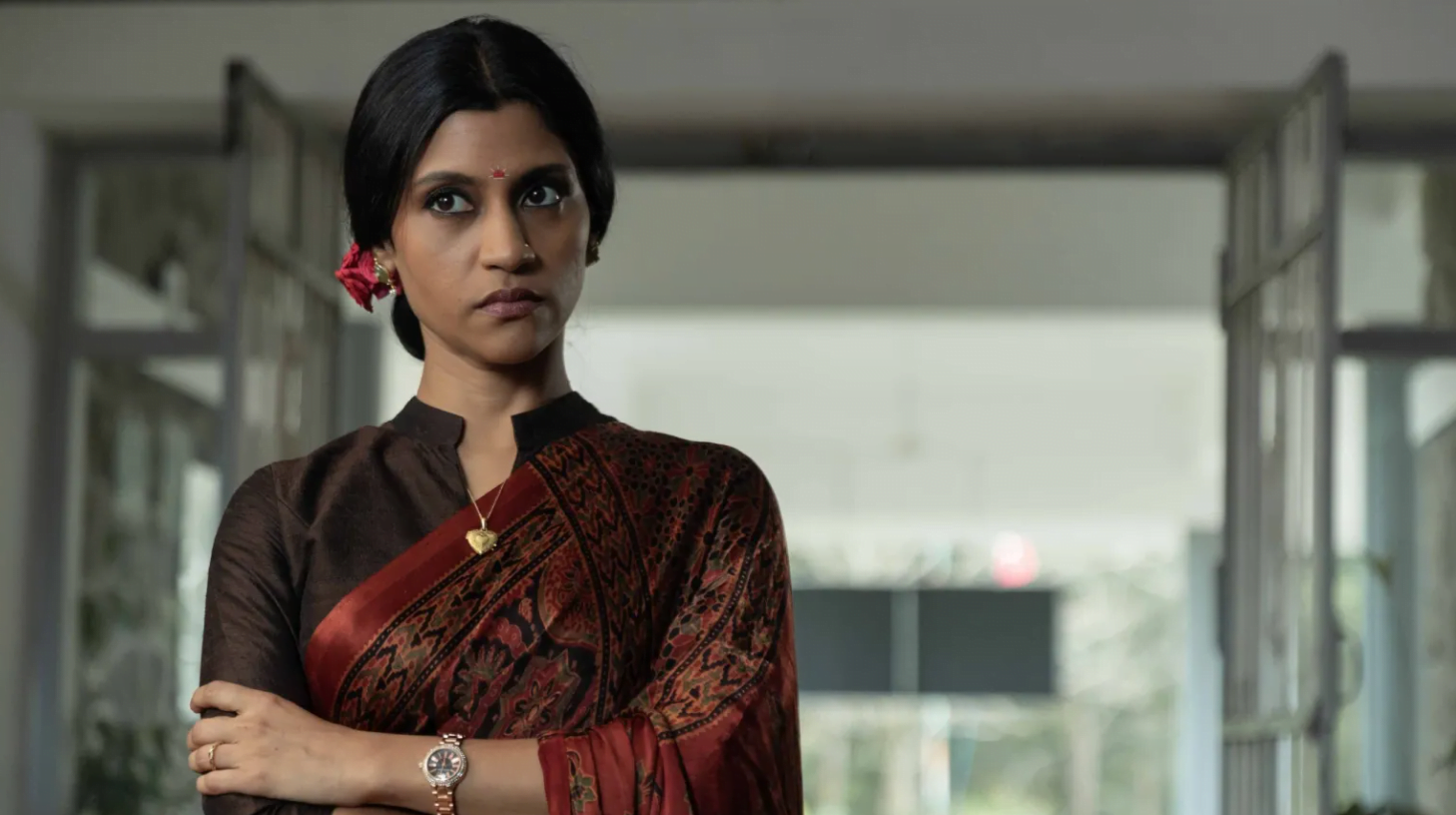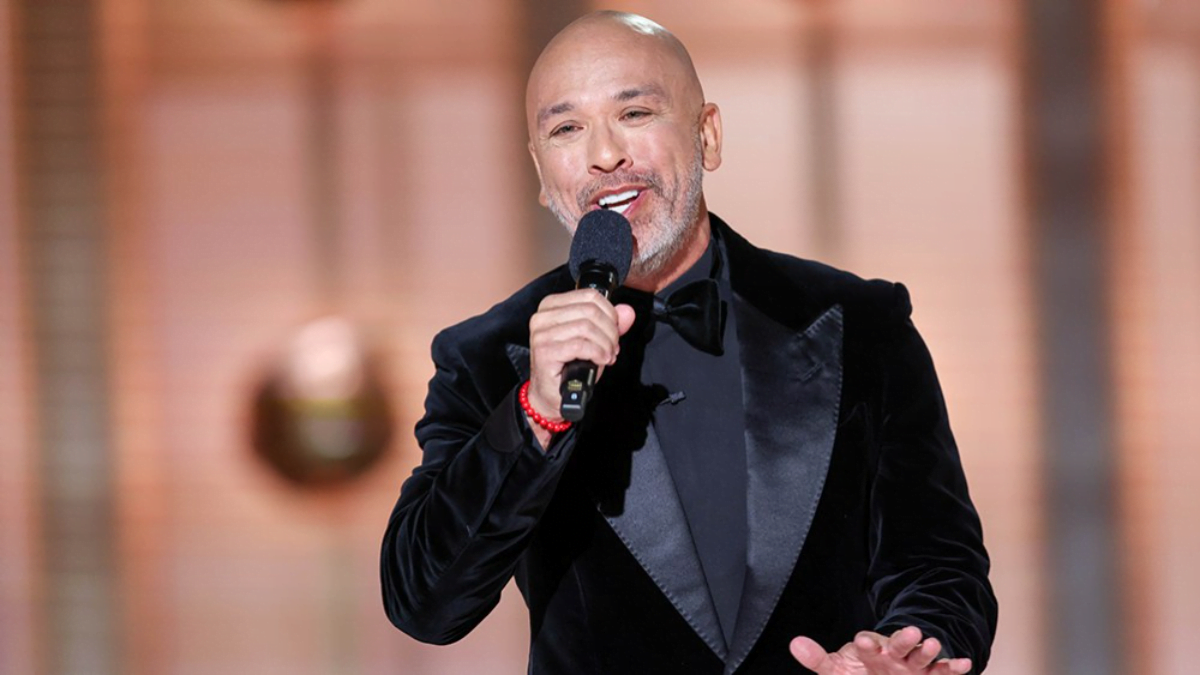Crazy Rich Asians’ worldwide success proved that Hollywood is moving, much to the woes of white American conservatives, towards inclusivity. The movie, with its all Asian cast, quashed Hollywood’s notion that only a white male lead sells tickets. With its multi-faceted portrayal of Asian-Americans, the movie marked the foray of Asians into mainstream movies as lead actors and not just side characters.
However, the lack of South Asian representation in La La Land is still distinctively obvious. Despite constituting of almost 6% of the US population, Asians made up of a mere 3.1% of all mainstream Hollywood roles in 2016.
For years, American movies and television have portrayed stereotyped caricatures of South Asian people. Painfully one-dimensional and usually a side character, they are often either the butt of jokes or serve to prop up the white lead. Apu from Simpsons, for example, was a borderline racist cartoon character that was voiced by a white man in an over exaggerated Indian accent.
Painfully one-dimensional and usually a side character, they are often either the butt of jokes or serve to prop up the white lead.
The rare instance you do see someone of South Asian descent, their role is always brief. They are most likely to appear as a taxi driver, an odd store owner, a doctor, or for the most part a terrorist. Most of the times, you would find only one token Asian character in movies so filmmakers can check the diversity box and score some brownie points.
Calling Out Hollywood’s Prejudice
However, in the last few years, performers from South Asia have been rising to prominence and using their platform to call out Hollywood’s bias. In an unprecedented move, there has been a trickle of South Asian artists who are influential enough to criticise Hollywood’s double standards and be the agents of change.
Also read: The Problematic Representation Of Brown People In American Screens
Priyanka Chopra, who starred in Quantico as the lead after her move to the west, opened up about the prejudice women of colour face in the industry. In an interview with InStyle, the Baywatch actress revealed how after an audition for a movie she was rejected because she didn’t have the right ‘physicality’. Later on, Chopra’s agent explained to her that she did not get the part because she was too brown. The incident impacted the Quantico actress which prompted her to reveal the double standards in the industry.

Image Source: India
Kal Penn is amongst one of the first South Asian performers who broke ground for upcoming South Asian actors with his roles throughout the 90s and the Harold and Kumar series. The actor took to Twitter last year to share the most absurd and stereotypical scripts he has received throughout his career with being offered roles ranging from a ‘Gandhi lookalike’ to ‘snake charmer’ and ‘fire-eater’.
Found a bunch of old scripts from some of my first years trying to be an actor. pic.twitter.com/GydOwlUKGW
— Kal Penn (@kalpenn) March 14, 2017
Not just through words, South Asian performers are making themselves visible by plotting their own trajectory and subtly showing Hollywood the mirror through their projects. Mindy Kaling, after her successful stint in The Office, helmed her own show by writing as well as starring in The Mindy Project. The show was groundbreaking for many reasons – not only was it the first prime time television where the lead was an Indian American woman but it also served as proof that South Asians can be portrayed as multi-layered characters and protagonists on prime time television. The Mindy Project was a breath of fresh air for brown women who did not fit the westernised concept of beauty.
Comedian Hari Kondabolu tackled the issue of misconstrued representation with his Netflix documentary The Problem With Apu where he navigated the Simpson character’s impact and how it contributed towards negative stereotypes against South Asians. Throughout the documentary, he spoke to artists from South Asian descent and the regaled stories of their childhood when they were called ‘Apu’ or a catchphrase hurled at the character in the show would be reiterated to them.
Mindy in The Mindy Project only make a passing remark that she is Indian American. Brown characters either brush their ‘Indianness’ or rarely acknowledge it.
On the movie front, Kumail Nanjiani, a Pakistani American, wrote and played the leading actor in The Big Sick – a romantic comedy that is based on his life. The movie not only portrayed an interracial couple but is also one of the few instances a desi man is shown in a romantic relationship. South Asian men are somewhat emasculated in Hollywood and The Big Sick broke away from the stereotype that they are shy, awkward, and unable to talk to women. Dev Patel has also been a part of mainstream Hollywood movies including Lion for which he was nominated for the Academy Award for Best Actor.

Image Source: Pixel Monster
Riz Ahmed used his Emmy win as an opportunity to shed light on the rampant Islamophobia and injustices towards people of colour in the US justice system. The actor became the first Muslim and South Asian actor to win an Emmy in acting category after he won Outstanding Lead Actor in a Limited Series for The Night Of.
Comedian Hasan Minhaj was invited to perform at the White House Correspondents’ Association dinner where he didn’t shy away from calling out the ruling government. Born to Indian-Muslims immigrants, Minhaj made sure to address his Muslim background in the roast where he took shots at the US president Donald Trump and his administration’s anti-muslim rhetoric.
Criticisms
However, a disturbing continuity was observed that South Asian characters tend to dismiss their heritage. Mindy in The Mindy Project, for example, only make a passing remark that she is Indian American. Aside from that, the characters either brush their ‘Indianness’ or rarely acknowledge it.
Another dismaying aspect is that despite South Asian actors calling out Hollywood on their racism the performers are yet to comment or publicly speak out about the privileges that their community is complicit in. Most of the actors belong to privileged, upper-caste backgrounds and have failed to utilise their platform to address casteism and colourism that is rampant both in South Asian countries as well as in their diaspora communities in the West.
Also read: On The Big Sick: Desi Families, Dysfunctionality And Defection
UPDATE: This last paragraph of this article was edited to reflect the reality of caste oppression in diaspora communities in the West. An earlier version of this article only critiqued the lack of responsibility in addressing oppressive structures ‘back home’ in South Asia.





of course. because american-indians are supposed to be american first and and indian second. When you go to a new country you are supposed to forsake any allegences to your old one and become a part of the community of the new one. Instead of expecting overseas indians to represent you guys in a foreign media,how about you get some pride of your own and CREATE your own industry that you can be proud of.
ive never seen chinese, japanese and koreans so desperate to have their own people represented in hollywood. Even “Crazy rich asians” is not popular at all in these three countries. In fact once their people become a citizen of another country they tend to almost completely cut ties with them. The east asians create their own media and are perfectly proud of it and dont feel the need to hijack the movie industries of other country’s media.